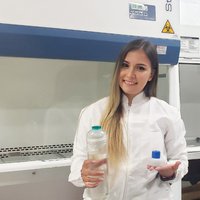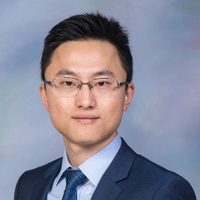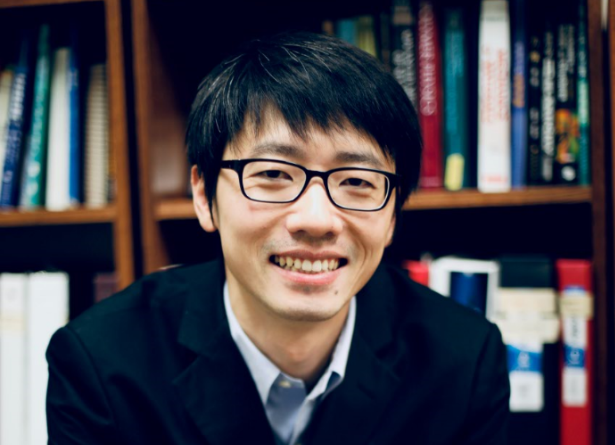Nanotechnology & materials
Jianyu Li
He makes biological materials closer to human tissue

Latin America
Alan Aguirre
Using solar light to transform the chemical industry into a more sustainable one.

Latin America
María Alexandra Tamayo
Autonomous and low cost filters eliminate all bacteria, viruses, and fungi in water, making it suitable for human consumption

China
Haotian Wang
His “green chemimal engineering” produces chemical products from carbon dioxide and renewable electricity

China
Linxiao Zhu
Manipulating photons to unlock efficient cooling and energy use
